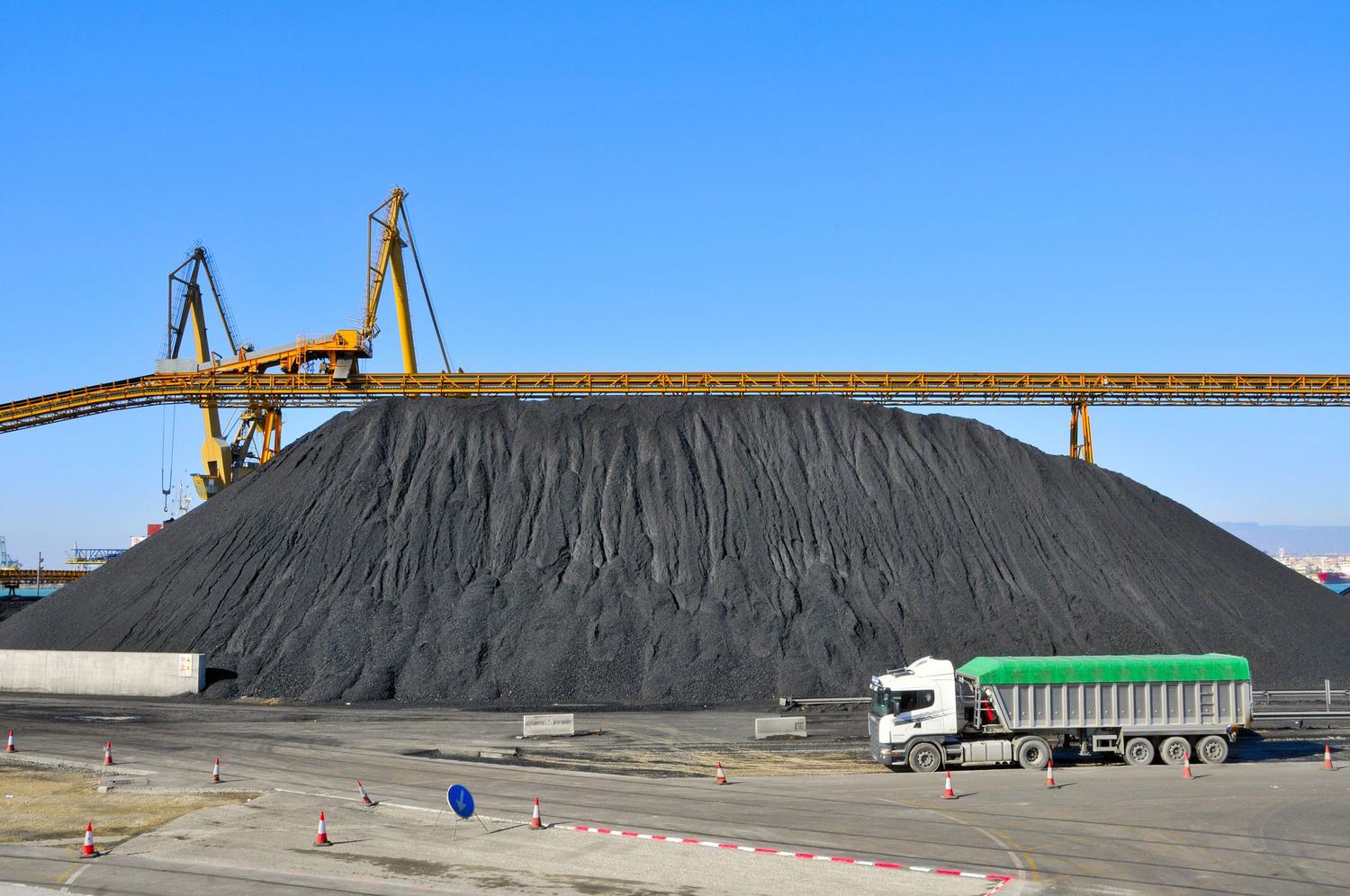The global climate is changing, as it has over the entire period we have been able to study using a variety of proxies. The consensed climate science community attributes most or all of the climate change which has occurred since 1950 to anthropogenic CO2 emissions, as if the natural causes of all previous climate change had ceased to function at that time.
The global community has been encouraging reduction of anthropogenic CO2 emissions to slow or halt climate change since the UN Earth Summit in Rio de Janeiro, Brazil in 1992. The most recent and most visible step in this direction was the adoption of the Paris Accords in 2015 and the subsequent submission of Intended Nationally determined Contributions (INDCs) by the signatory nations. These INDCs vary significantly from nation to nation.
The progression of events required to achieve a reduction of atmospheric CO2 concentrations is intuitive and obvious. Nations must first stop increasing their annual emissions of anthropogenic CO2, then begin reducing their annual emissions to zero and finally begin removing some existing CO2 from the atmosphere until some stable concentration is achieved.
The UN Secretariat, the UN FCCC and the IPCC along with numerous NGOs and environmental activist groups are very vocal in their complaints that the developed nations in Europe, the Americas and Australia are sufficiently serious about their commitments under their INDCs and are not taking the steps necessary to reduce their annual emissions to net zero by 2050, even though the INDCs do not include net zero by 2050 commitments.
The UN Secretariat and the other groups mentioned above appear to be far less concerned about the fact that major developing nations which are also major emitters, including China and India, have made no commitments to reduce or even stabilize their emissions and are currently increasing their annual emissions at a rapid pace. China is not only planning and constructing large numbers of new domestic coal-fired electric power plants, but is also funding construction of large numbers of coal-fired power plants in Africa and elsewhere through its “Belt and Roads” program. The pace of construction of these power plants assures that their annual emissions will dwarf the annual emissions reductions committed to by the developed nations, thus preventing a stabilization, no less a reduction, of global annual emissions.
The coal-fired generating stations currently under construction and planned would be expected to continue operation for 40-60 years, or well beyond the net zero by 2050 goal. These plants are intended to meet the growing electricity demand in the nations in which they are being built. None of these nations appear to have any significant interest in risking their future economic development in the interest of halting or reversing climate change.
There are also new coal fired generating stations planned or under construction in Europe and Japan, intended to replace the generating capacity of existing nuclear generators which are being decommissioned as a matter of government policy in Europe, or which were destroyed or severely damaged by a tsunami in Japan. These coal plants will replace existing zero emission generators, thus also increasing emissions regardless of the commitments in the INDCs developed in 2016.
The developed nations are being encouraged to participate in a race to reduce their emissions faster than the developing nations are increasing their emissions. It appears that this is a race which is a lose-lose proposition for the developed nations and a win-win proposition for the developing nations. It also appears to assure that stabilizing global annual emissions will not happen any time soon.
